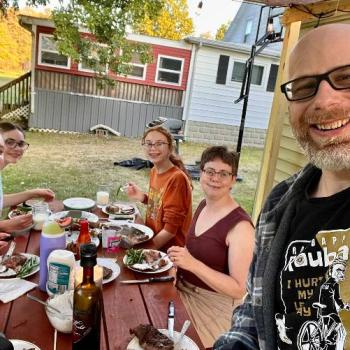In last week's article, we outlined the manner in which a parent can bring forth the "higher" side of their child by identifying the good points about their child. The more you relate to a child as an espouser of those positive qualities, the more the child appreciates his own uniqueness and gifts, comes to love himself in healthy ways, and grows up balanced and happy to be alive. As we stated, this is like water to their personas and will help them to grow and flourish into fulfilled versions of themselves.
Having understood this, it is no wonder that a parent who does not take on this approach gets the teenager who says, thinks, or feels, "You don't understand me." "You don't understand me" means "you don't get what I'm all about," "you don't get why I'm really good," "You don't see my specialness and my uniqueness," "you don't properly value what I bring to the table."
What the child is trying to convey is "you don't get my essence"—and, of course, in such a case the child is correct.
Therefore, it is incumbent upon every parent to take a step back and resolve to find the greatness and the uniqueness inherent in each of his or her children, to complement the child and reinforce it, and to help build the child up. This even applies to finding the good in the bad—to compliment the artistic skills of the child who draws on the wall and the athletic abilities of the child that jumps from couch to couch with his muddy shoes on.
If we succeed in looking at our children in this way of seeing the goodness as the main thing and the true reflection of who they are, and if we continuously build them up, getting them to do draw on paper or take their shoes off before couch acrobatics will be much easier. Once you have created a culture in which the children's essences are validated and cherished, everything else comes to be seen as external by you as well as the child—and therefore much easier to maneuver and modify.
I once saw a phrase that went something like, "People only change once they feel accepted as they are." I'm not sure if this is absolutely true for all people in all circumstances, but it is certainly quite true when it comes to our children. You might be able to intimidate or manipulate your child into behaving or not behaving in a certain way, but that is not true change. That is an act of external behavior amputation rather than an internal personality graduation. Only when there is a real recognition and acceptance of the child as an individual of value and worth can our children grow and progress into the higher versions of themselves. And isn't that the goal of parenting?
12/2/2022 9:02:49 PM





